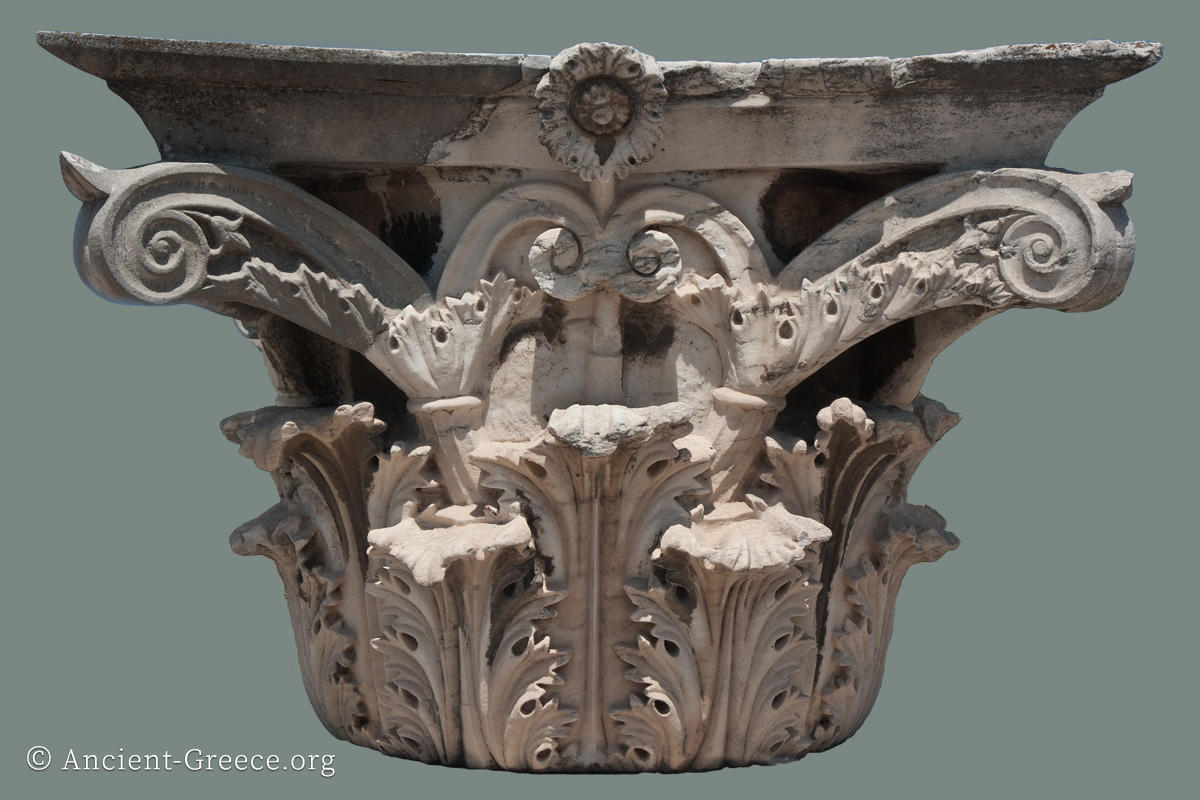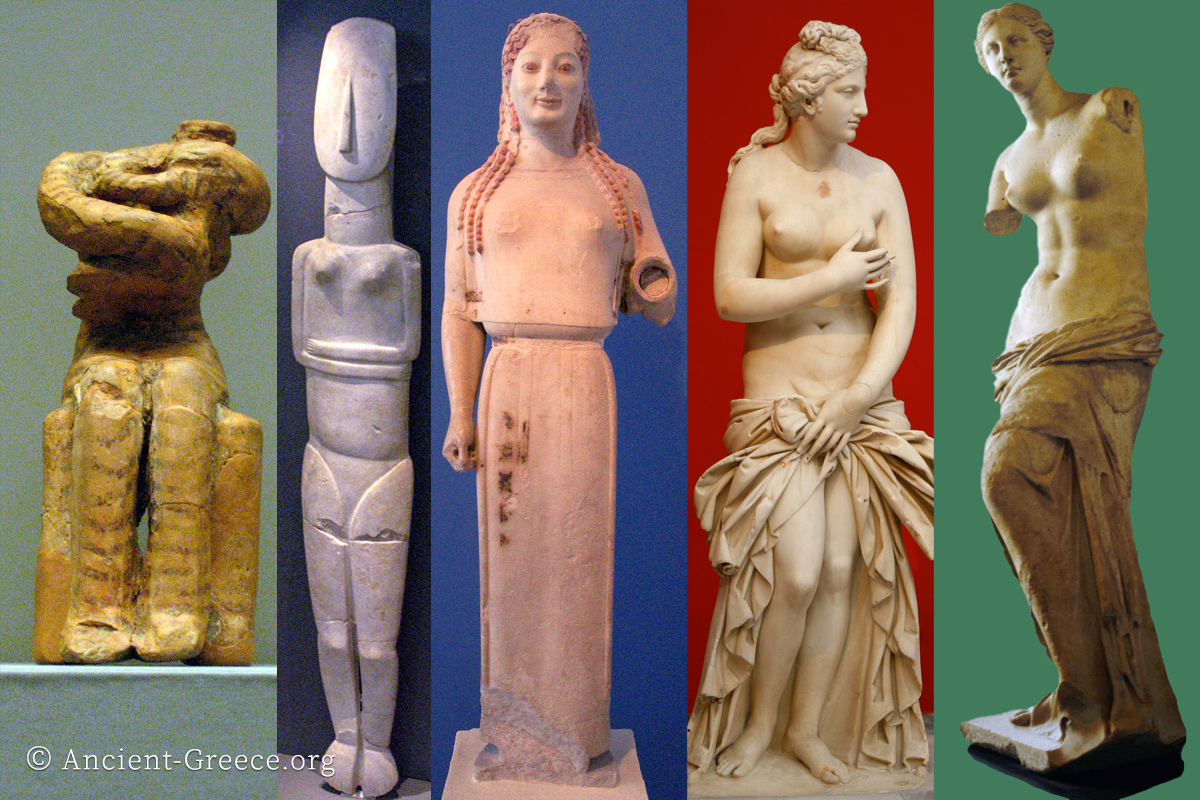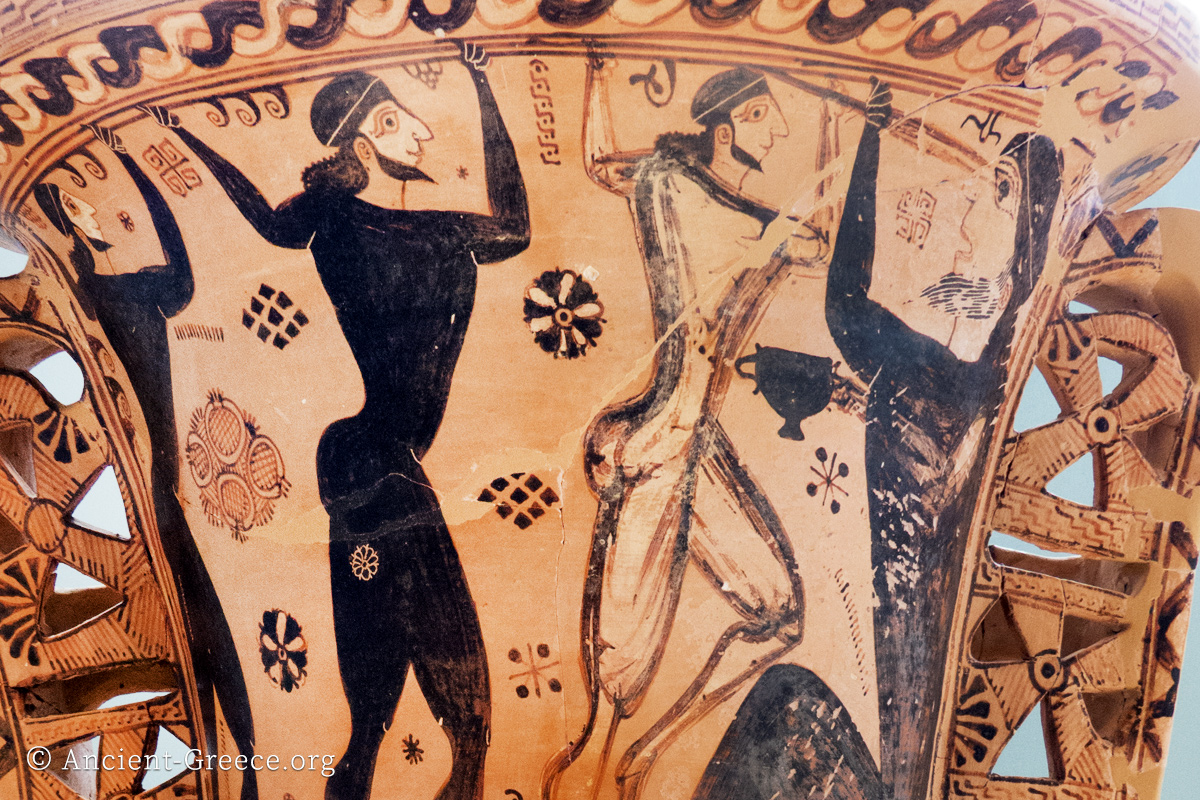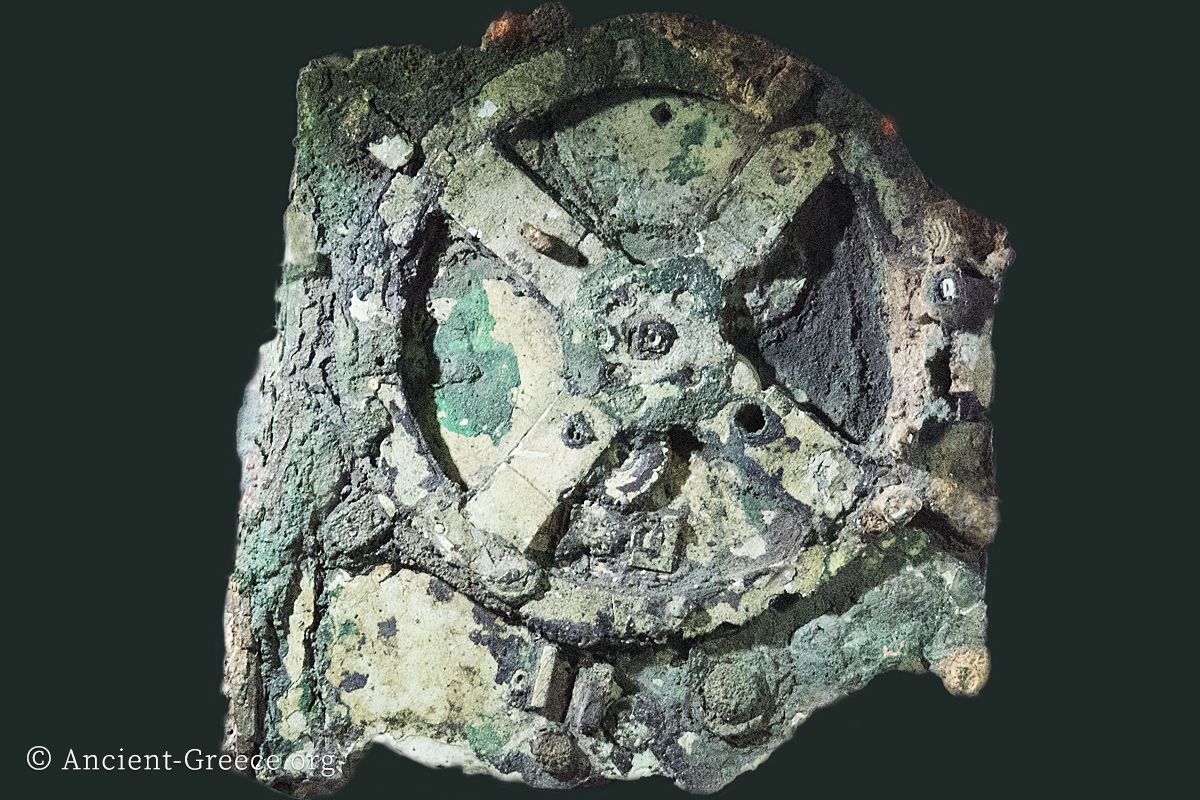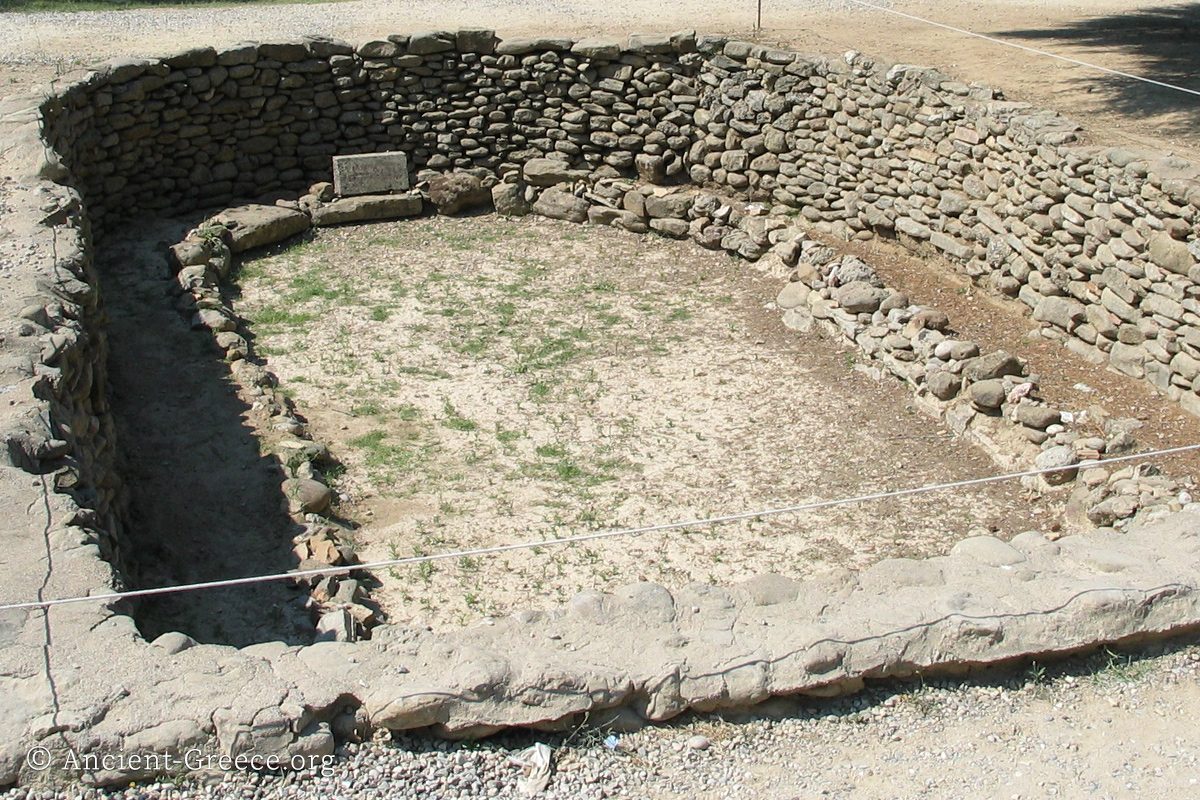History and Culture
-

Ancient Greece Timeline
Read more: Ancient Greece TimelinePetralona scull(Dating estimates vary widely from 700000 to 160000 years before present) Paleolithic Period(2.5 million – 10000 BCE) Apidima Cave scull fragment is the earliest example of modern humans (early Homo sapiens) found outside Africa 210000 years ago…
-
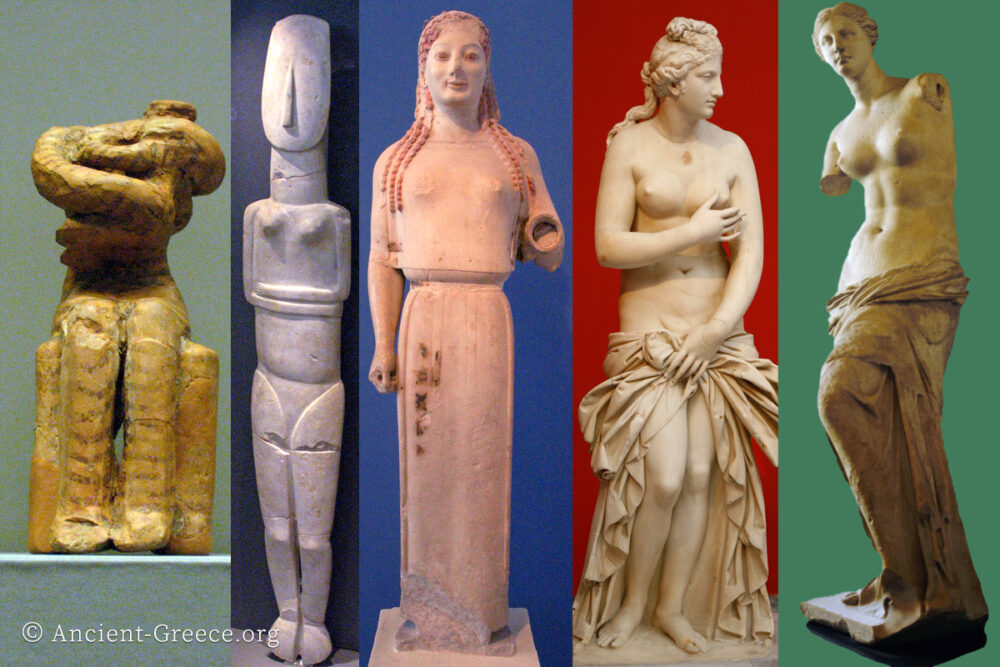
Ancient Greece Timeline In Pictures
Read more: Ancient Greece Timeline In PicturesThis is a slideshow that includes significant objects from each historical period of Ancient Greece, starting in the Mesolithic era, and ending in Byzantine times. Click on an image to enter the slideroom.
-
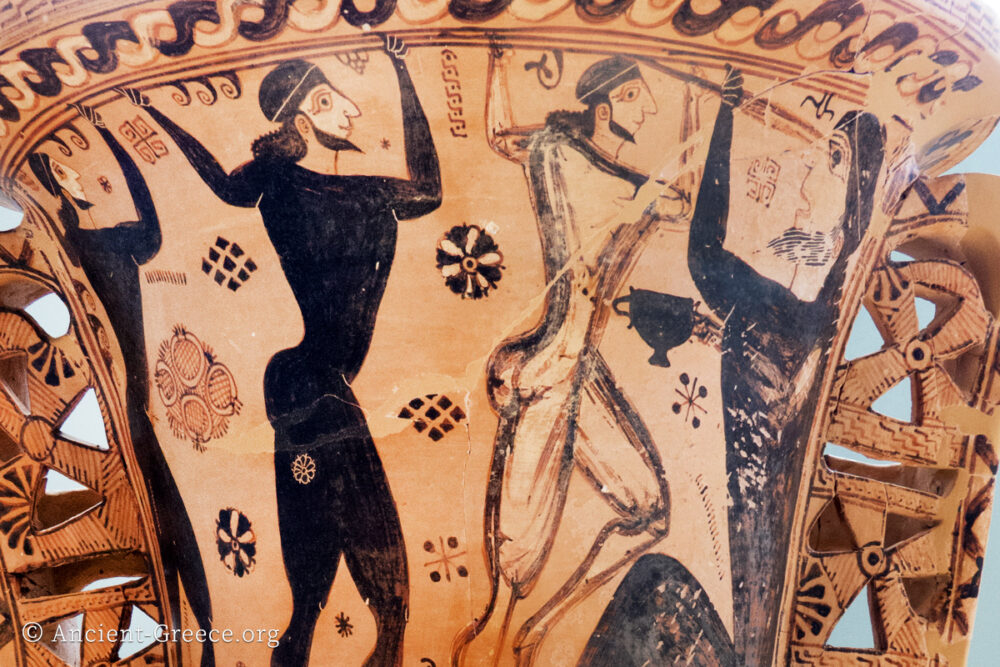
Greek Mythology
Read more: Greek MythologyThe ancient Greek spiritual beliefs, religion, and oral tradition are all reflected and formulated through rich myths and legends that besides entertainment provided an articulation of Greek civilization’s moral fiber, as it evolved over the centuries. Above all,…
-

Ships in Ancient Greece
Read more: Ships in Ancient GreeceGreece is surrounded by water and sprinkled with islands within a few hours sail one from the other. Naturally, its people flourished for three thousand years by mastering the waves and establishing commercial networks and cities. The Greek’s…
-
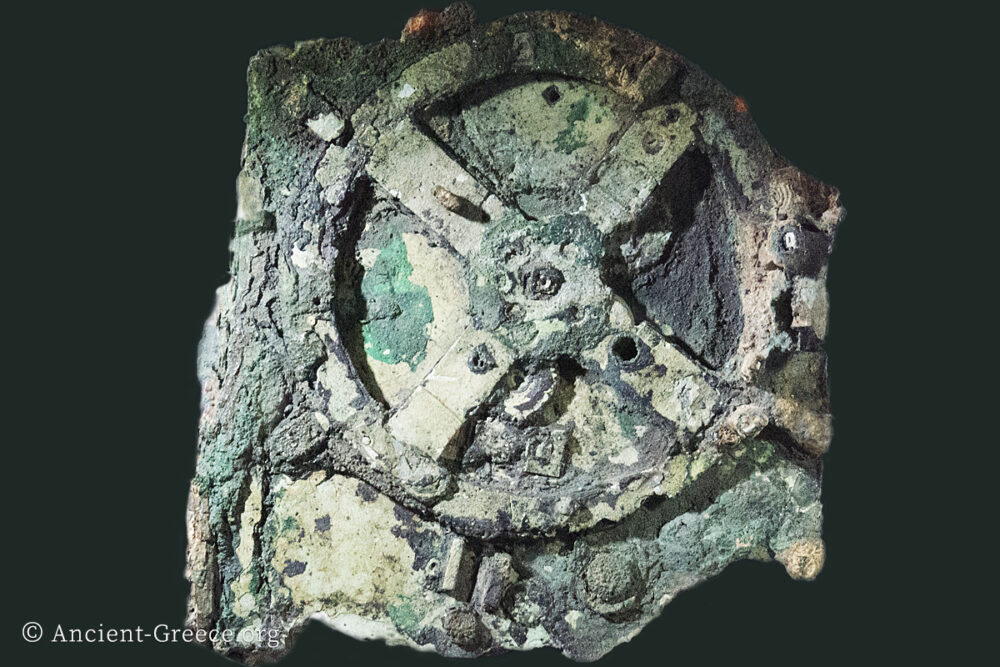
The Antikythera Shipwreck
Read more: The Antikythera ShipwreckThe Antikythera Shipwreck is a 1st century BCE underwater shipwreck and archaeological site, located 25 meters from the coast of Antikythera island, Greece, at a depth of about 50 meters. The cargo ship’s final voyage started in an…
-
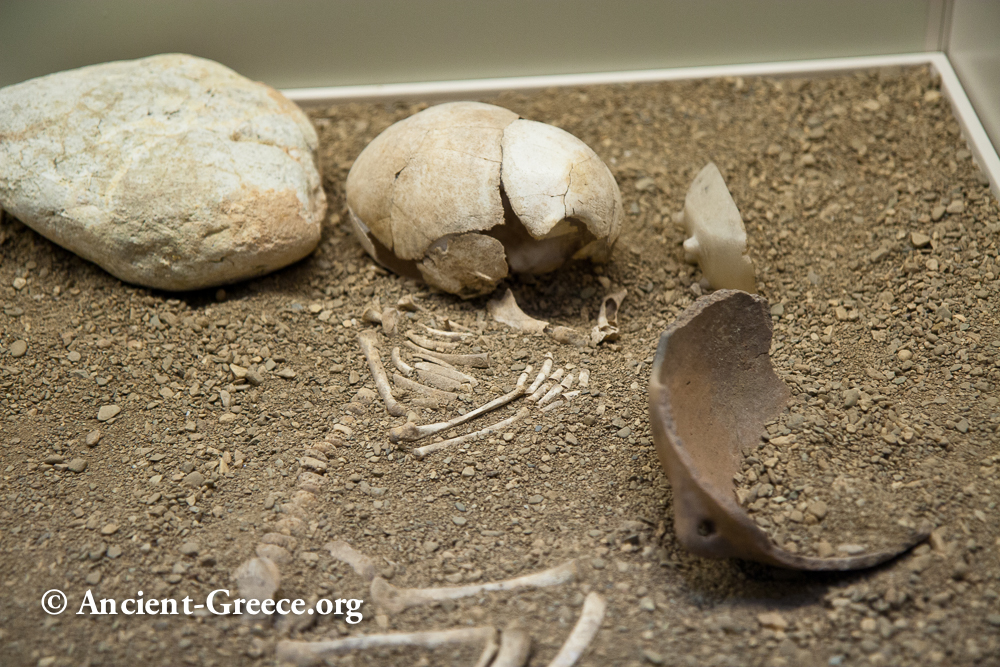
Franchthi Cave History
Read more: Franchthi Cave HistoryFranchthi Cave (Φράγχθι Σπήλαιον) in Argolis, Peloponnese, Greece offers a rich unbroken record of human habitation from the Paleolithic era (at least since 38000 BCE) to the end of the Neolithic period and beyond. Location Francthi Cave is…
-
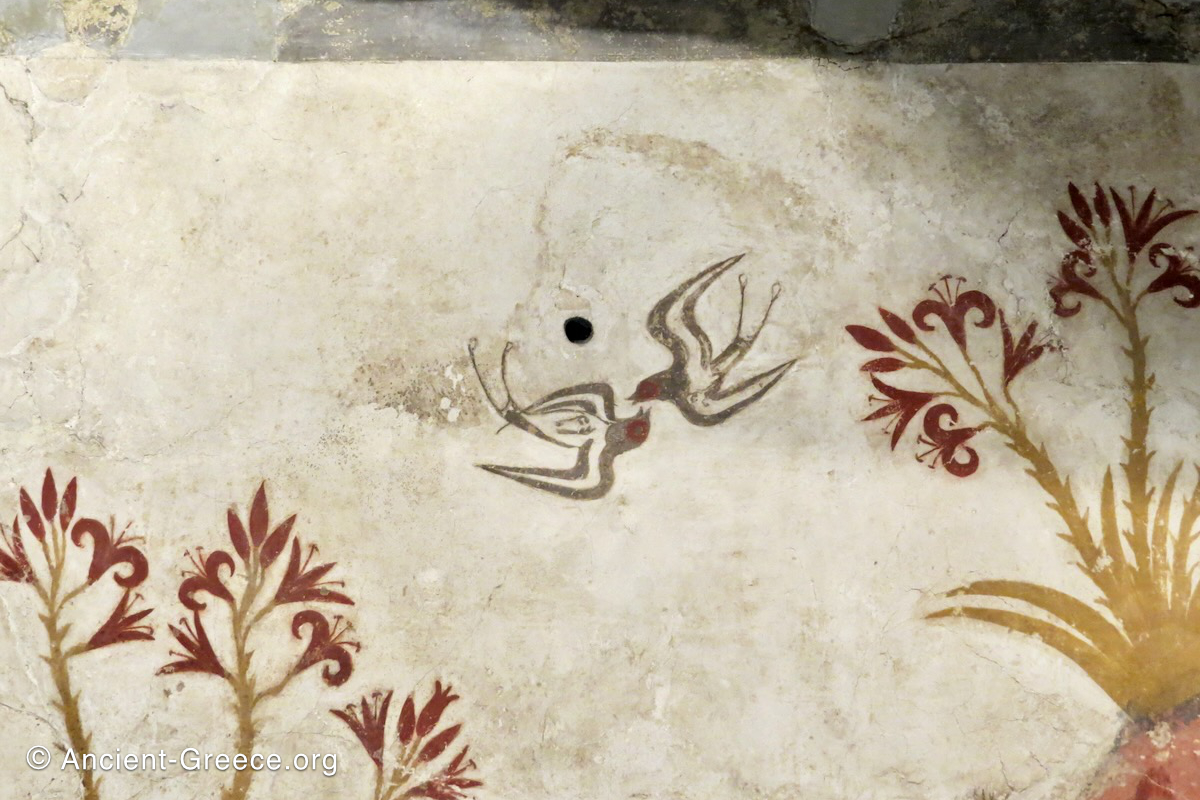
Best Images of Ancient Greece
Read more: Best Images of Ancient GreeceA slideshow of some of the best examples of Ancient Greek sculpture, architecture, and significant cultural artifacts.
-
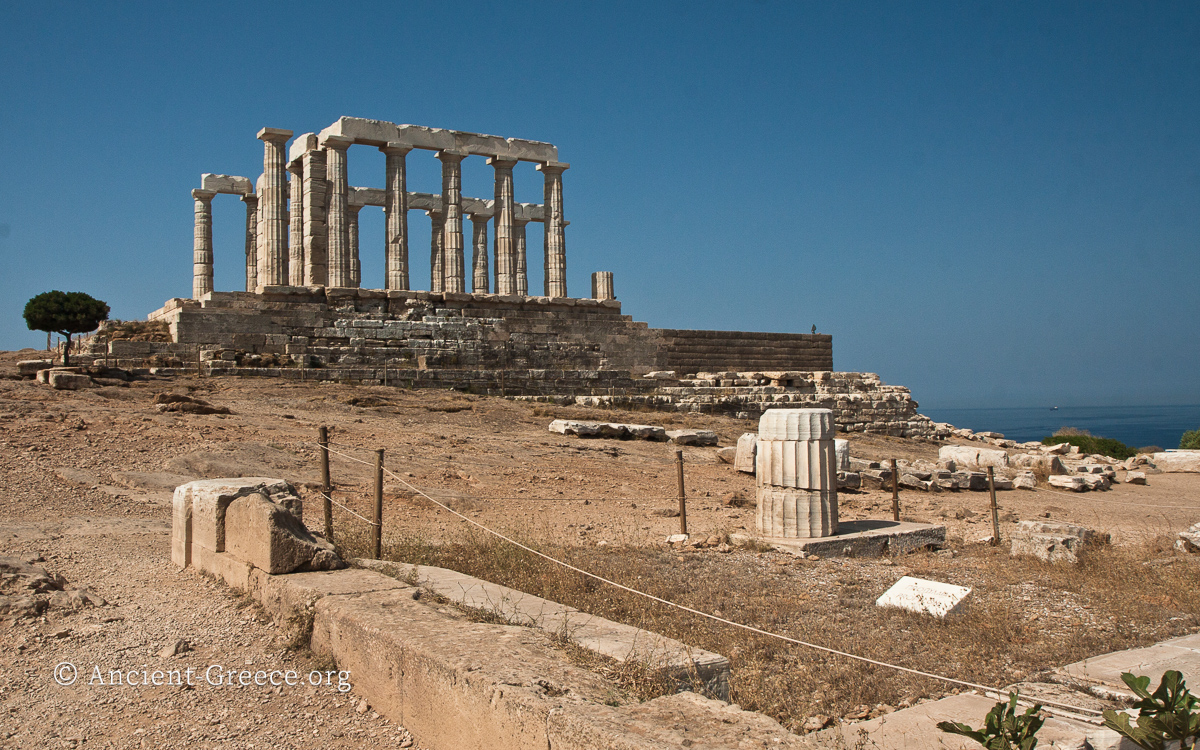
Ancient Greece: Introduction and Significance
Read more: Ancient Greece: Introduction and SignificanceThe ancient Classical and Hellenistic eras of Greece, between the 5th and the 1st century BCE, are undoubtedly the most splendid. They left behind an enduring heritage of ideas, concepts, and art that have been influential for centuries…
-
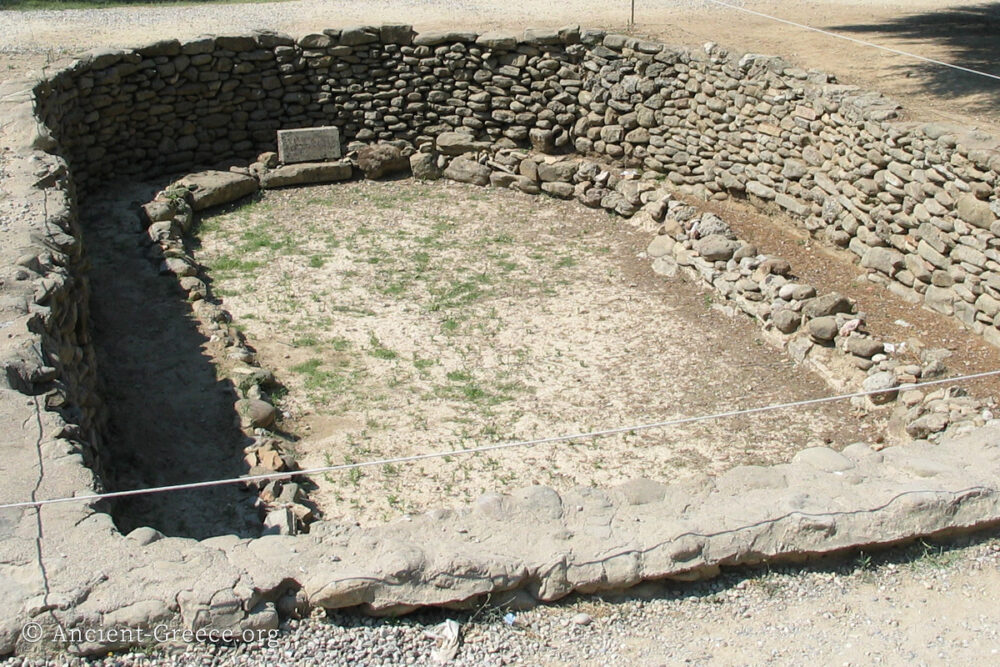
History of Ancient Greece: Overview of Periods and Geography
Read more: History of Ancient Greece: Overview of Periods and GeographyHistorical Eras Ancient Greek history is generally divided into the following eras: Paleolithic (circa 400,000 – 13,000 BP)Mesolithic (circa 10,000 – 7000 BCE)Neolithic (circa 7000 – 3000 BCE)Bronze Age (circa 3300 – 1150 BCE) Cycladic (circa 3300 – 2000…
-
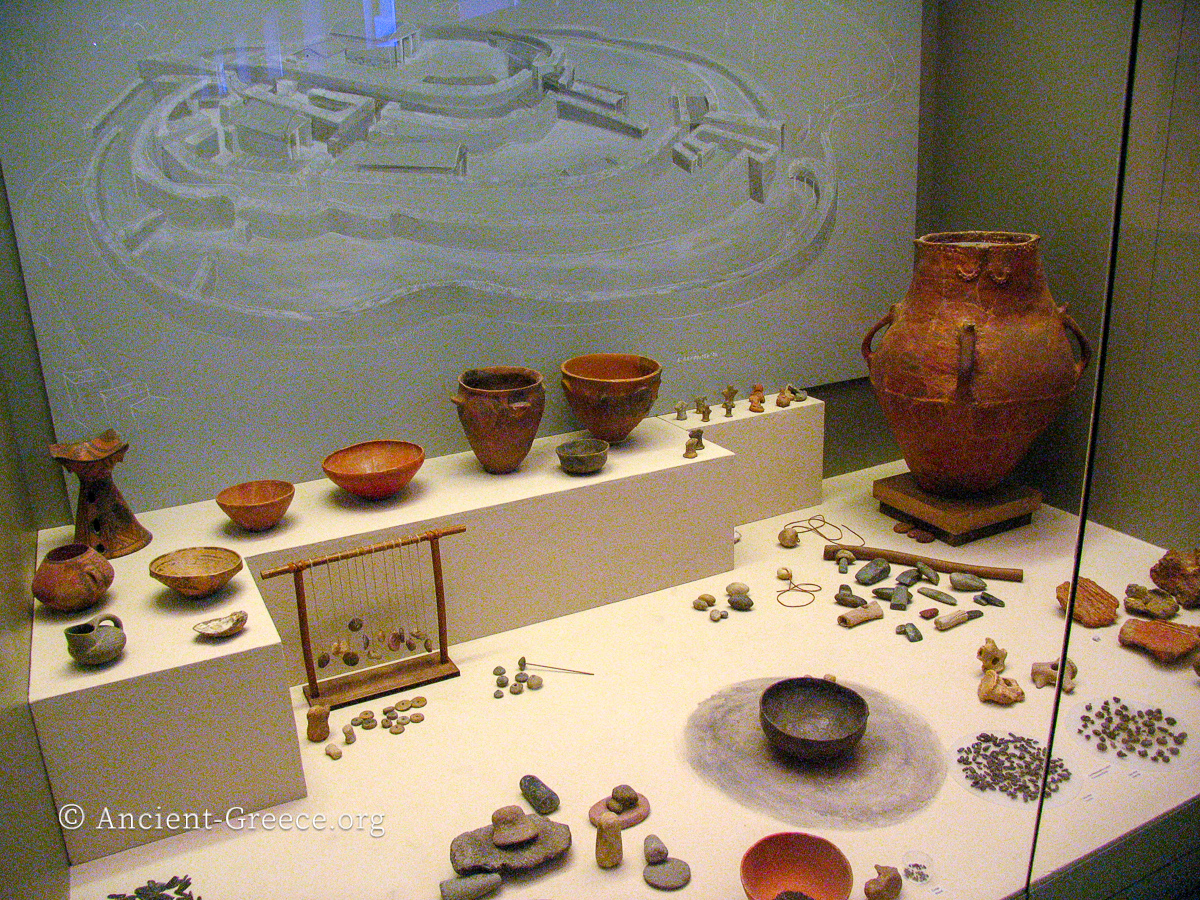
History of Greece: The Stone Age
Read more: History of Greece: The Stone AgeEarliest Humans The earliest evidence of habitation in Greece comes in the form of a skull found in the Petralona Cave in Halikidiki. The cranium has been difficult to date, with some estimates indicating that it is about…
